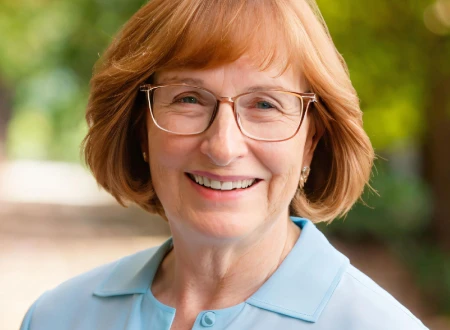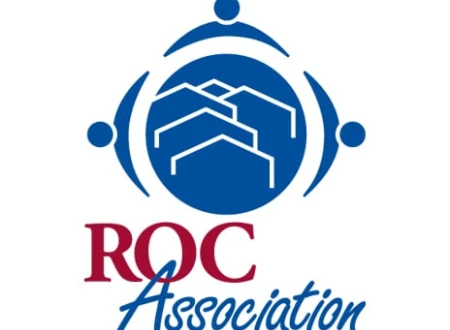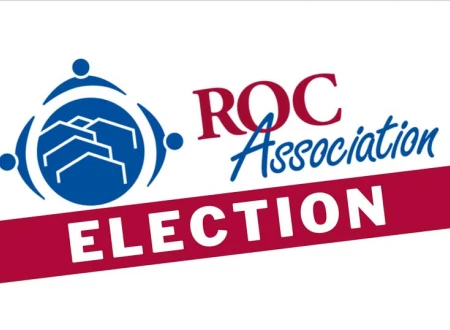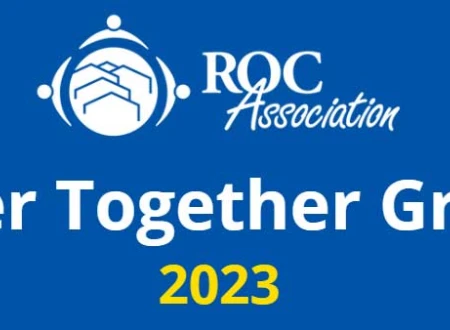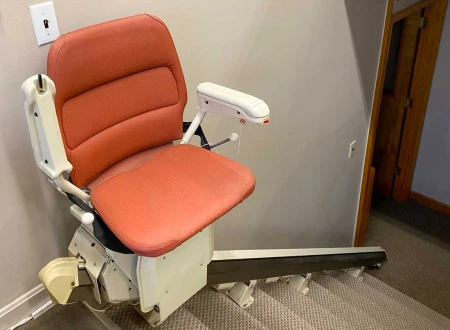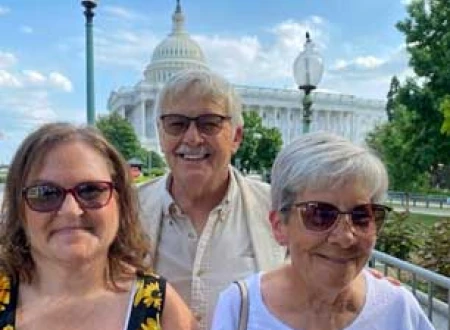I used the phrase – more co-op like – in my introductory letter (May 24, 2013) announcing the national programs. I used it specifically to describe the national elections that will bring three ROC leaders onto the ROC USA Board!
This should look familiar to you. Whether your community is owned by a homeowners’ association, membership nonprofit, or a cooperative, one of the central elements true across the network of ROCs is “Democratic Member Control”. That idea, that principle, comes directly from the Seven Cooperative Principles that are true of every cooperative – whether you’re Ocean Spray (a producer co-op of cranberry growers) or Clackamas River Community Cooperative (a type of a housing co-op for owners of homes in a specific community). Sound familiar?
Every cooperative or association is a democratic organization that is owned and controlled by your members. Members are those who buy the goods (consumer co-ops) or use the services (producer, retail, and housing co-ops) of the cooperative and participate in setting policies and making decisions.
By August, ROC USA will have three ROC leaders – one from each of three regions – elected by local ROC Boards. These three new Directors will serve on the ROC Association Board and simultaneously on the ROC USA Board.
On the ROC USA Board, these local ROC leaders will join representatives from the nonprofit Members – CFED, NCB Capital Impact, and the NH Community Loan Fund – which, along with NeighborWorks® America put up the money to get ROC USA started. We also have a CTAP representative on the Board and we have a vacant seat for an “industry representative,” as well.
Plus, I am on the Board with limited voting power. I can only vote to break a tie vote (i.e. a chance to tick off 50 percent of my bosses in one fell swoop!).
So, with this inclusion of ROC leaders, our ultimate customers – you – have three of 13 votes on the Board.
You might ask, “Why not more?” And, “Why not 13 of 13?”
There are many reasons for it. First, a national nonprofit with a community education arm and a community development lending arm is an undertaking that requires some specialized expertise. There’s a reason why you see senior executives of national nonprofits, including presidents, CFOs, professors and directors of lending on our Board. We need those skills and experience on the Board (and staff for that matter). And, CTAPs play a critical role in supporting ROCs so their input is critical, too.
Second, from a legal standpoint, we would not have received approval from the IRS as a tax-exempt nonprofit if ROC USA were owned and controlled by taxable resident corporations. Only tax-exempt organizations can own another tax-exempt organization. (That’s why ROC USA has three exempt nonprofit Members – CFED, NCB Capital Impact, and NH Community Loan Fund.)
However, within the confines of IRS regulations, we have taken our nonprofit LLC structure and made it “more co-op like.” The voting percentage is one thing but little is controversial on the Board. The ROC leaders will find a Board interested in their ideas and interested in meeting community needs because that’s our mission!
For me personally, this change to our structure – this reaching out and pulling ROC leaders in and in close – is a true reflection of me and, as the founding president, an element of what we’re doing that I am very proud of. Long after I am gone, I am now assured of one thing: ROC USA will always have ROC leaders themselves at the helm of the organization, helping pick presidents and set priorities. In the end, I truly believe we are “better together”. These elections demonstrate it now and forever.


